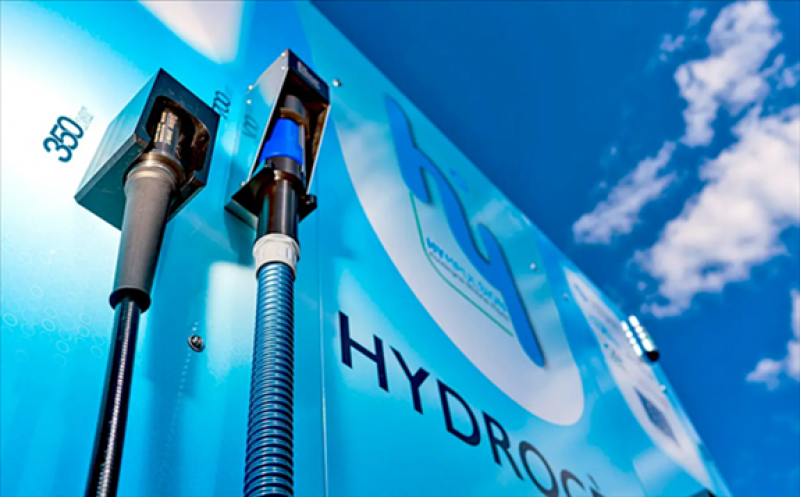The public transit agency for the city of Montpellier, on the southern coast of France between Toulouse and Marseilles, has cancelled a contract to procure 51 new buses powered by hydrogen fuel cells, citing concerns about their cost of operation. Few things are more important to a fleet manager than the cost per kilometer for fuel, which is computed down to the thousandth of a euro. When vehicles are traveling millions of kilometers a year, every centime counts.

Citing a report by La Tribune (paywall), Electrive says the plan to switch to hydrogen fuel cell buses began more than 2 years ago under former city president Philippe Saurel. Montpellier Horizon Hydrogen, as the project was known, called for the purchase of 51 hydrogen fuel cell-powered buses for 4 future bus routes. The first 21 fuel cell buses were expected to enter service in 2023 with an additional 30 buses being added to the fleet in 2025. The buses were to cost €29 million, funded in part by contributions from a number of sources, including regional and national transportation authorities and the European Union.
The city of Montpellier created a joint venture between Energies du Sud and Hynamics, a subsidiary of French utility company EDF Group. The joint venture was to install an electrolyzer capable of creating 800 kg per day of hydrogen, a 2.8 MW solar power plant, hydrogen storage, and a number of distribution stations to refuel the buses.
Now, La Tribune says new city president Michaël Delafosse has decided to discontinue the project as the financial calculations underlying the proposed joint venture have not turned out as expected. Specifically, the city calculates it would cost them 95 cents per kilometer for the hydrogen fueled buses versus 15 cents per kilometer for battery-powered buses. In addition, the cost of the fuel cell-powered buses was between €150,000 and €200,000 more than the cost of battery-powered buses.
“Hydrogen technology is promising,” Delafosse told the press, “but we were helped on the investment, not on the operation,” so in the original plan, only the investment costs were taken into account, but not the operating costs. “We will do without hydrogen buses for the time being and will see in 2030 whether hydrogen is cheaper then,” he added.
Hydrogen fuel cells still have their supporters, particularly for heavy duty vehicles like buses, trash trucks, and the like. But green hydrogen is in short supply and it looks like it will continue to be so for years to come. The question becomes, why use electricity to split water into hydrogen and oxygen and then use the hydrogen to power fuel cells that make electricity when you can just use the electricity to recharge a battery in the first place? Every time energy is converted from one form to another, losses inevitably occur.
If the cost of operation for hydrogen is 6 times the cost of electricity, it’s little wonder the Montpellier Horizon Hydrogen project was cancelled. Theory is one thing. Reality is often quite another thing entirely.